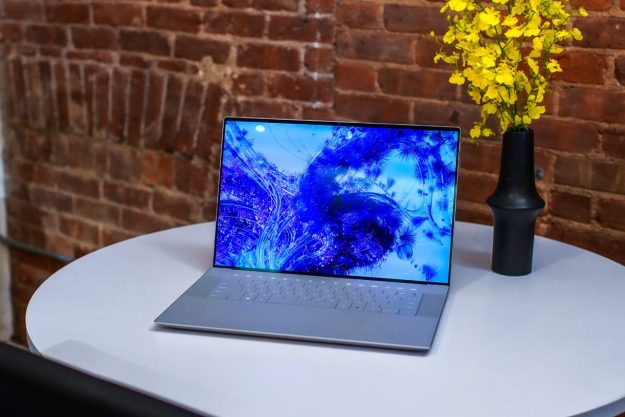
In the eyes of advertisers, Firefox has waged a war against them by putting a certain feature on the yet-to-be-released Firefox 22 – a feature that will make those of you who’ve always been concerned about online privacy happy. We’re talking about a Firefox 22 setting that blocks third party cookies by default.
Mozilla’s new cookie policy means that only sites you actually visit can track your behavior and browsing activities online. Third-party cookies – usually from advertisers – will be blocked from the get go so that advertisers will no longer be able to track most users. The option to block third-party cookies on Firefox has existed for a long time, but it will only become a default setting in Firefox 22.
Firefox is far from being the first browser to boast the feature, though: Safari for computers and iOS has been blocking third-party cookies for users for over a decade. Chrome and Internet Explorer, on the other hand, allow all cookies to go through unless you manually tweak your settings.
It’s unclear when Firefox 22 will be released since the latest Firefox, version 19, was just released last week. According to CNET, though, the 22nd version might be out as early as April 5. The new feature should not interfere with your browsing, but you need to clear your browser’s cookies first for it to take effect.
(Image credit: Lindsey B/Flickr)
Editors' Recommendations
- Firefox just got a great new way to protect your privacy
- Websites are constantly tracking you — but Firefox has a fix
- Firefox just gave you a great reason to ditch Chrome for good


